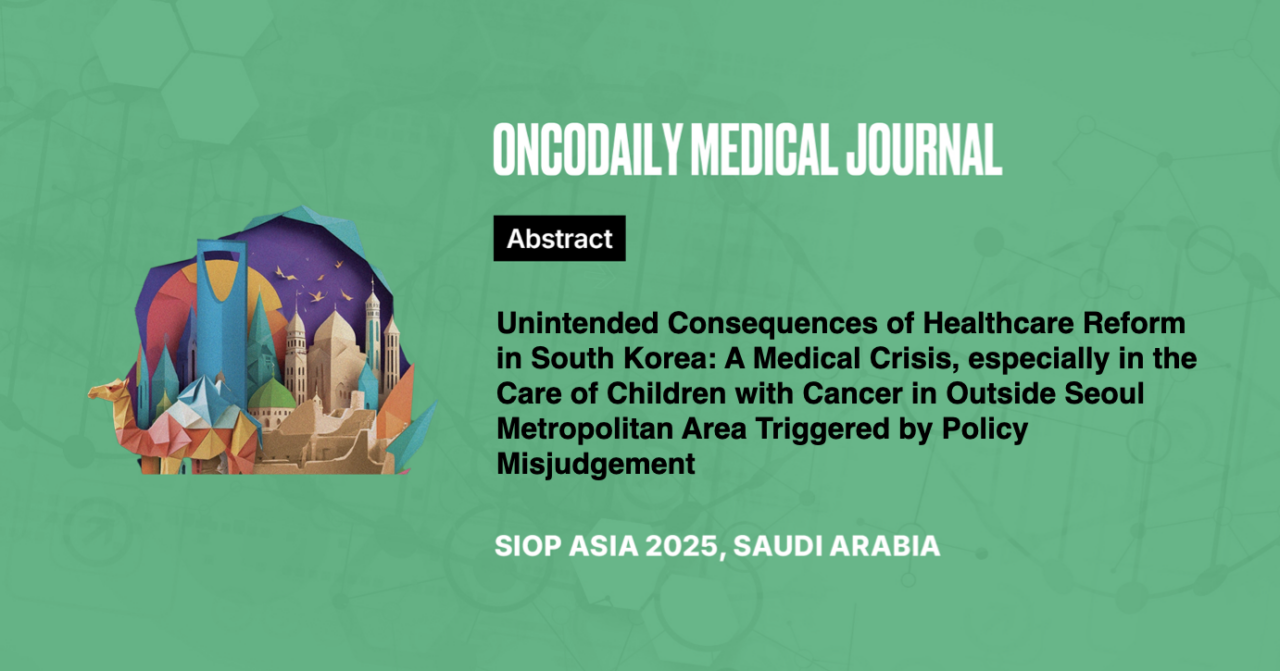Unintended Consequences of Healthcare Reform in South Korea: A Medical Crisis, especially in the Care of Children with Cancer in Outside Seoul Metropolitan Area Triggered by Policy Misjudgement
Abstract
Introduction: In February 2024, the Korean government announced a controversial healthcare reform plan to increase the annual number of medical graduates by 2,000, aiming to address the perceived shortage of doctors in rural areas and essential specialties. This decision, made without consulting the medical community, has triggered a nationwide medical crisis, including mass resignations of house staff and medical students, leading to disruptions in healthcare services.
Methodology: This study examines the causes and consequences of this policy, focusing on its impact on Korea’s medical system, particularly outside the Seoul metropolitan area.
Results: Evidence from pediatric cancer care, previously presented by the Korean Society of Pediatric Hematology and Oncology (KSPHO), underscores the strain on critical services. Despite Korea’s globally acclaimed pediatric cancer survival rates over 85%, systemic challenges such as the world’s lowest birth rate (0.72), insufficient medical fees, and declining numbers of pediatricians already threaten future care. The government’s belief that increasing medical graduates will overcome rural and specialty shortages is flawed. Most graduates opt for lucrative specialties like dermatology and aesthetics, which offer better pay and work-life balance under the current reimbursement system.
Expanding enrollment without addressing these structural issues risks compromising education quality due to shortages of professors, classrooms, and clinical training capacity. The reforms have led to widespread frustration among young doctors, with 86.7% of house staff resigning and 97.4% of medical students taking leave. These actions have severely disrupted hospital operations, particularly in regions already struggling with resource shortages. Instead of resolving disparities, the reforms have exacerbated the urban-rural divide and triggered an unprecedented medical crisis.
Conclusion: This policy failure has eroded public confidence, with impeachment proceedings against President Yoon underway. The resolution of this crisis will determine the future stability of Korea’s healthcare system, including treatment and management of children with cancer outside the Seoul area.





